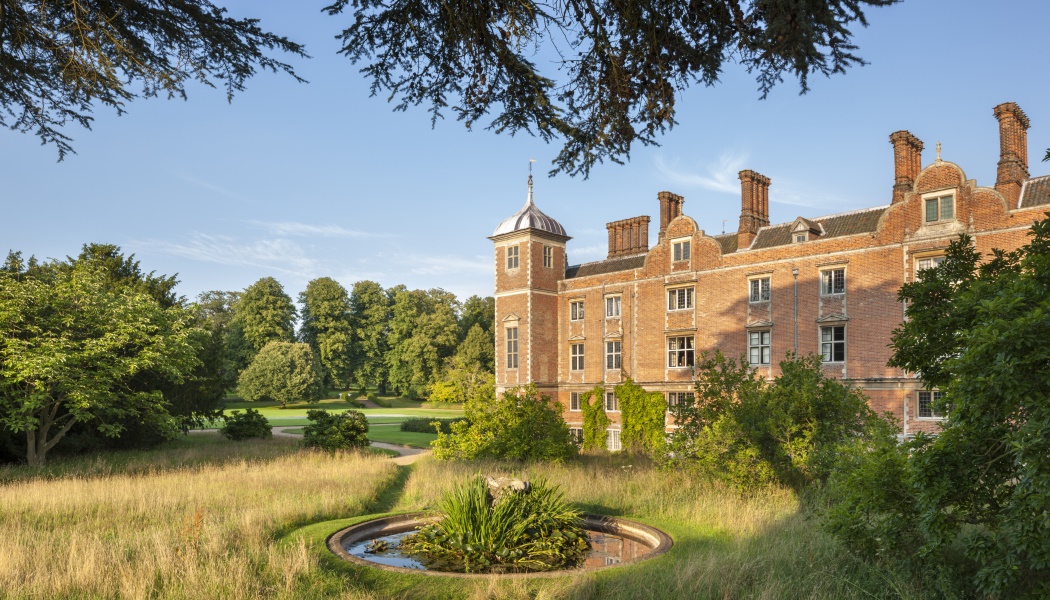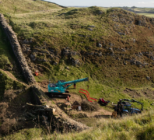The investment, by Europe’s largest conservation charity, marks a milestone towards reaching its targets to reduce reliance on fossil fuels, cut energy usage by 20 per cent and source 50 per cent from renewable sources on its land by 2020.
Eventually the Trust’s renewable energy programme could also help save up to £4m on its energy costs each year. Electricity generated from some of the projects will be sold to the grid providing the charity with a source of income. This income, coupled with the savings made, will allow more money to be spent on vital conservation work.
Patrick Begg, Rural Enterprises Director at the National Trust said that in setting out its 10 year plan the National Trust recognised it would have to play its part in helping to mitigate climate change. “A key part of that is to reduce our reliance on oil and look for greener energy solutions.,” he said. “We have a responsibility to look after the special places in our care, requiring us to make long-term decisions that will protect them for future generations.
“Many of the properties in our care are energy intensive and in remote areas without access to mains gas. Installing renewable technology in these places is a huge challenge. For instance we found that connecting hydros to the grid is more complicated than we expected. We have learnt a great deal and we will continue to do so.”
To find out more about the Trust’s energy work and partnership with Good Energy visit the NT website.
Other NT energy projects (of a total of 40)
A 200kW lake source heating project at Blickling Estate in Norfolk which will remove two oil tanks and 25,572 litres per annum of oil consumption with an estimated saving of 68 tonnes of CO2 per year
Two biomass boilers at Upton House in Warwickshire to heat the mansion and other areas saving an estimated 55 tonnes of CO2 per year
A 250kW hydro scheme at Hayeswater in Cumbria where there is a legacy of hydropower from historic corn mills and water wheels. This project will provide an income stream to support conservation work on National Trust land










